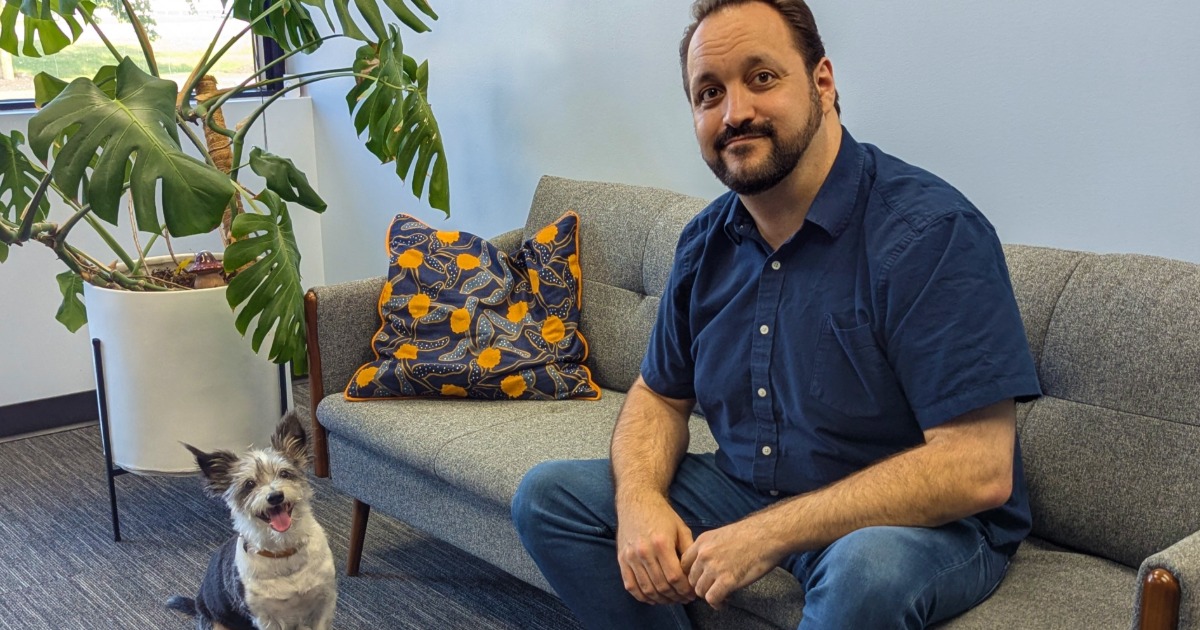The White House held a two-hour town hall meeting on Tuesday to get the pulse of how health IT is advancing nationwide, according to one panelist at the private session.
Justin Barnes, vice-president of marketing, industry and government affairs for Greenway Medical and chairman emeritus of the EHR Association, who served as a panelist at the invitation-only meeting, said some 100 people attended, mainly hospital executives, nurses and physicians, along with other stakeholders.
[See also: White House launches 'big data' initiative.]
Presiding over the meeting were Cecilia Munoz, director of the White House Domestic Policy Council, and Liz Fowler, special assistant to the president for healthcare and economic policy, according to Barnes. Farzad Mostashari, MD, the national coordinator for health information technology, moderated the discussion.
The intent of the meeting was to focus on advancements in improving care quality and patients' health in relation to health IT and what solutions can we share as leaders to increase the momentum. It was a "very, very lively" discussion, Barnes said.
According to Barnes, the White House was using the meeting to take the temperature of where the country is with regard to healthcare IT adoption – specifically with regard to electronic health records, interoperability and improving care quality. There was no set agenda and attendees were encouraged to share thoughts, solutions and questions via open mics.
Health information exchange was the first topic, according to Barnes: "looking at it both as a noun and as a verb."
"It was a good conversation from the standpoint that providers and health systems seem ready for it and ready for progress via a single interoperability standard," Barnes said. "Everybody is kind of waiting on progress." The administration staff strongly encouraged those who have HIE success stories to come forward and share their solutions, he added. "There was success shared regarding the Direct Project as well as CCR & CCD interoperability. Even a peer-to-peer connection was successful in one community but numerous great ideas were shared and additional collaboration will commence."
[See also: White House pushes IT as 'pillar' of cost-containing health reform.]
There was also strong support among those in attendance for HL7's consolidated clinical documentation standard (CCDA), proposed for use industrywide in the meaningful use Stage 2 regulation, according to Barnes.
"There is a lot of optimism about the work that has been done toward interoperability," he said, "but there is still a lot of work to do. It's slow progress, but it's progress."
"This is a maturation process and we're moving as fast as we can," he said of the industry's effort to adopt health IT and implement interoperability. "We're moving an entire system forward and we are in the middle of it. It's hard work for everyone. Finger-pointing doesn't get us anywhere, but holding each other accountable does."
"I do applaud the administration for these types of forums, bringing the public and private sector together. These forums are extremely useful," said Barnes.


